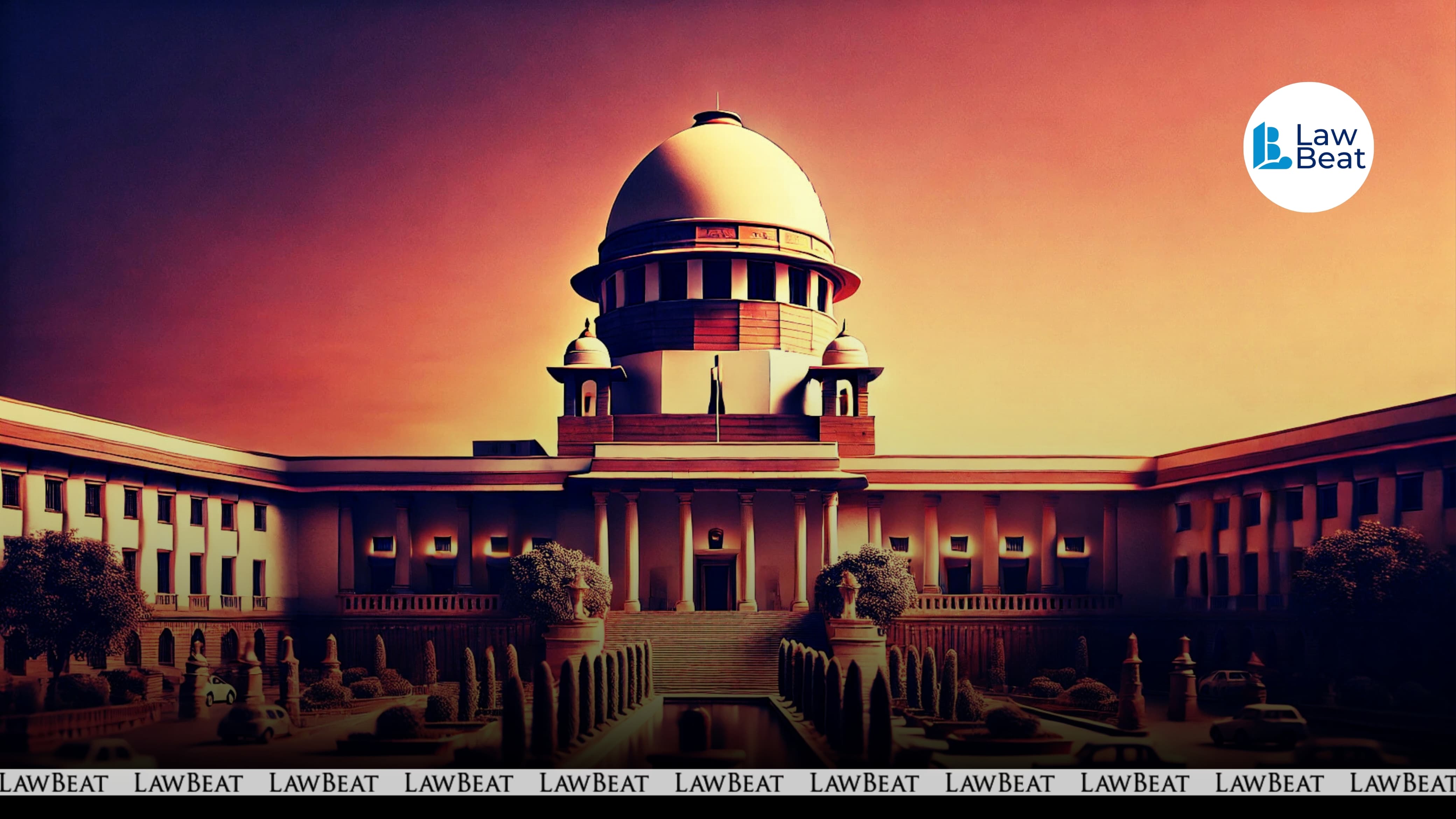Merits of a Case Must Not Be Scuttled Solely on Limitation: SC

Dismissing an appeal against a Madhya Pradesh High Court order condoning delay, the bench underscored the importance of substantial justice over procedural constraints
The Supreme Court has said there can be no quarrel with the settled principle of law that delay cannot be condoned without sufficient cause, but a major aspect that has to be kept in mind is that if, in a particular case, the merits have to be examined, it should not be scuttled merely on the basis of limitation.
A bench of Justices Sudhanshu Dhulia and Ahsanuddin Amanalluh emphasized that there is no doubt that all parties, whether or not the State under Article 12 of the Constitution, are required to act with due diligence and promptitude.
Court dismissed an appeal filed by Inder Singh against the Madhya Pradesh High Court's judgment of January 29, 2024, which allowed an application filed by the state government under the Limitation Act, 1963, seeking condonation of delay in filing the second appeal, with a direction for listing the second appeal to be heard on admission, as well as the accompanying stay application.
In 2012, the appellant filed a suit in the Additional District Judge, Class-1, Ashoknagar, Madhya Pradesh, for declaration of title, possession, and permanent injunction in respect of an area of 1.060 hectares situated in Village Mohrirai, Tehsil, and District Ashoknagar.
The State contended that the entire area measuring 5.696 hectares was government land from the very beginning, and the land had been recorded as grazing land. Out of this, by an order in 2006 of the Tehsildar Ashoknagar, an area of 2.090 hectares was reserved for the Youth Welfare Department, and the remaining area of 3.606 hectares was reserved for the Collectorate. It was denied that the appellant was ever in possession of the land.
The trial court dismissed the suit. The first appellate court declared the appellant as the landlord of the suit property. The first appellate court also dismissed a review petition on the ground of delay on September 30, 2019. The high court condoned the delay and ordered the listing of the second appeal for hearing on admission, as well as the application for stay.
The appellant contended that the argument that the cause of delay was due to Covid-19 cannot be accepted, as the respondent failed to remain vigilant since the cause of action arose much before the pandemic hit. He also submitted that sufficient cause was not explained for the delay.
The respondent state, on the other hand, submitted that out of the delay of 1537 days in filing the second appeal, around three years were consumed in filing the review petition before the first appellate court, and after its eventual dismissal on September 30, 2019, by the time the filing process could begin for the second appeal, the Covid-19 pandemic arose, and it could only be filed in August 2020.
Therefore, the delay caused in filing the second appeal was unintentional, much less due to any deliberate laches, and was well explained by the State before the high court, it submitted.
Since the suit property was important and valuable government land, the court should sustain the impugned order as it would entail substantial justice being done to both parties by leading to the eventual disposal of the matter on merits, it added.
In the present case, the bench said, the filing of the review petition before the first appellate court was delayed by two years and four months, and the second appeal before the High Court was delayed by about a year from the date of the dismissal of the review petition.
It also noted that the dispute over the title of the land was not between private parties, but rather between the private party and the State. Moreover, when the land in question was taken into possession by the State and allotted for a public purpose to the Youth Welfare Department and the Collectorate, and has continued in the possession of the State, the claim of the State that it is government land cannot be summarily discarded, it said.
"We find, upon a perusal of the record, that the appellant had, in fact, filed an execution case for taking over possession of the land, which would demonstrate clearly the admitted position that he was not in possession thereof. Thus, the matter would, in our considered view, require adjudication on its own merits due to various reasons, inter alia, the fact that a new district has been formed after the initial claim of the appellant of being allotted the land in the years 1975-1976/1977-1978," the bench said.
Therefore, the court held that the delay of 1537 days, reckoned from October 1, 2015, i.e., when the first appellate court decreed the suit, included two years and four months of delay in filing a review petition (which was itself dismissed on the ground of delay by the first appellate court) and about a year thereafter for filing the second appeal before the high court.
"The peculiar facts and circumstances of the case persuade us not to interfere with the impugned order. Relevantly, initially, the suit was dismissed by the trial court, which decision was reversed by the first appellate court," the bench said.
The court opined that the second appeal deserved to be heard, contested, and decided on merits. It, however, cautioned the respondent-State to exhibit promptitude, or the court would not be liberal. The bench imposed a Rs 50,000 cost on the respondent to be paid to the appellant within one month. On making the payment, the high court should take up the second appeal on priority and endeavor to dispose of it expeditiously, the bench said.
Case Title: Inder Singh Vs State of Madhya Pradesh
